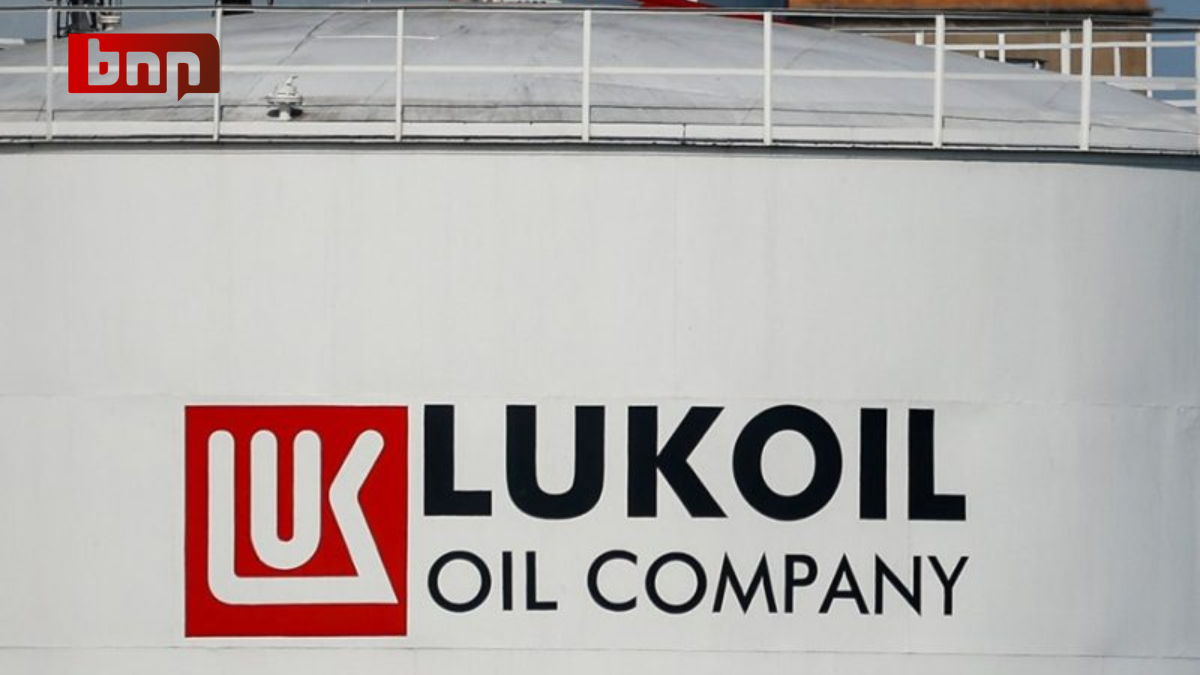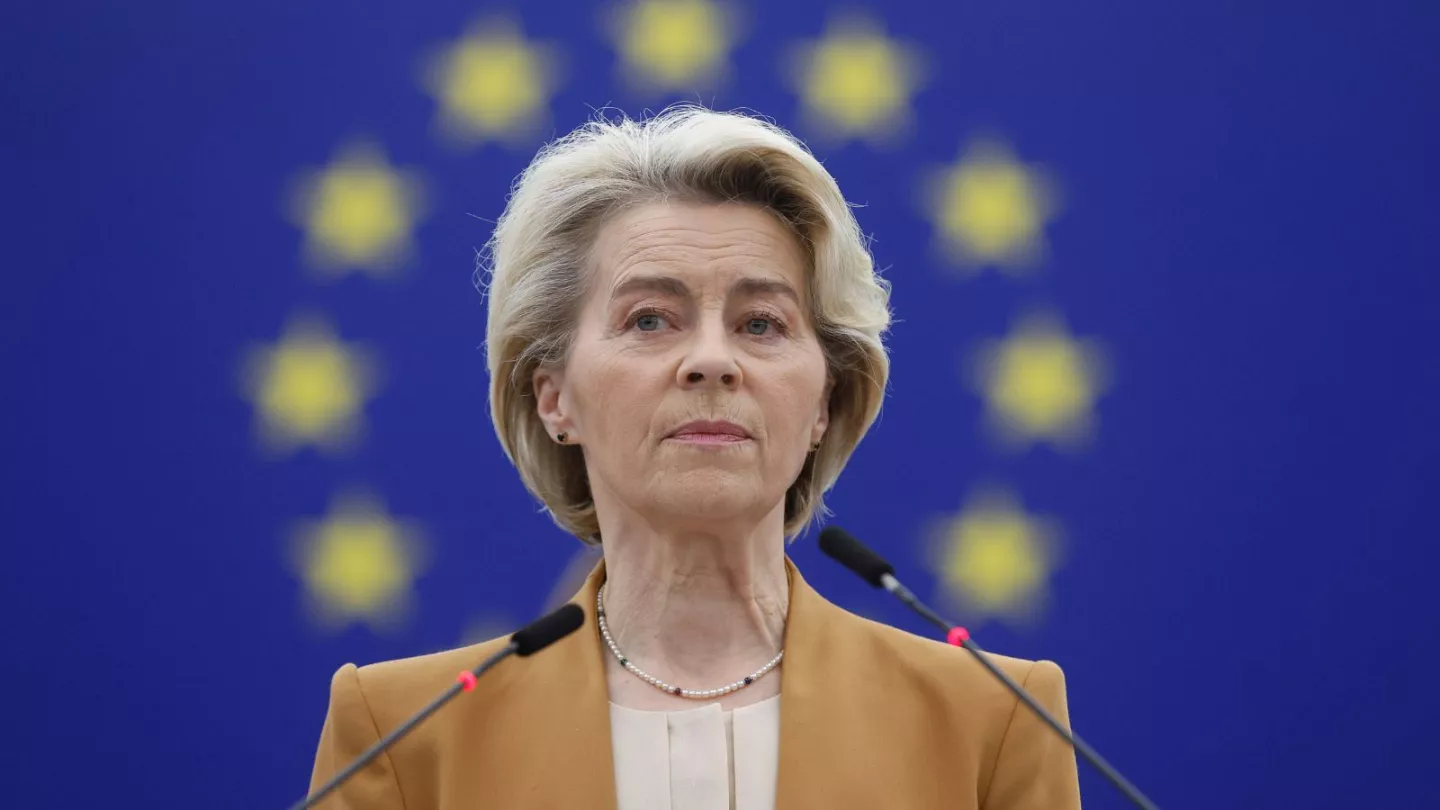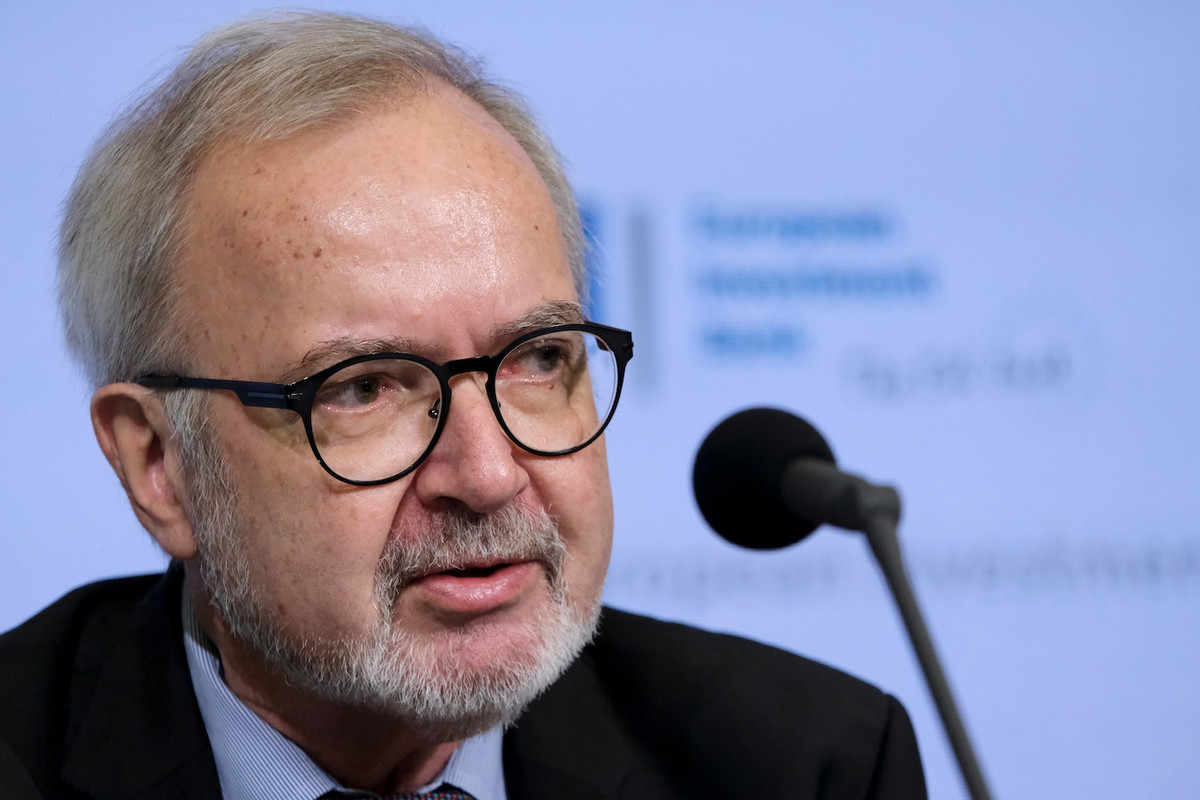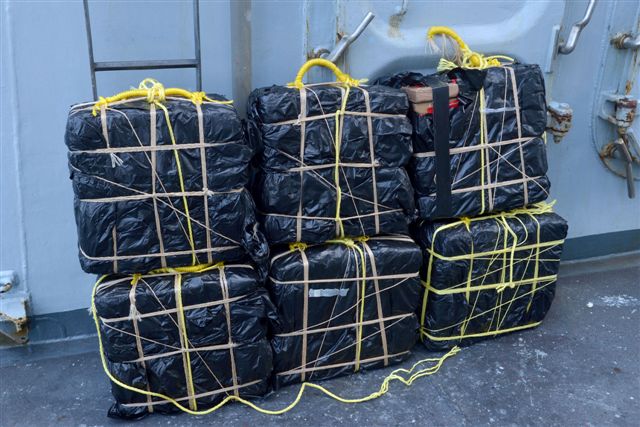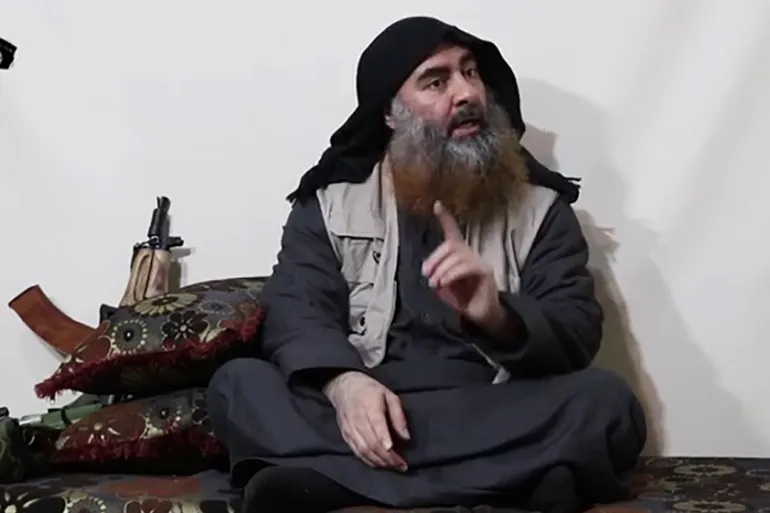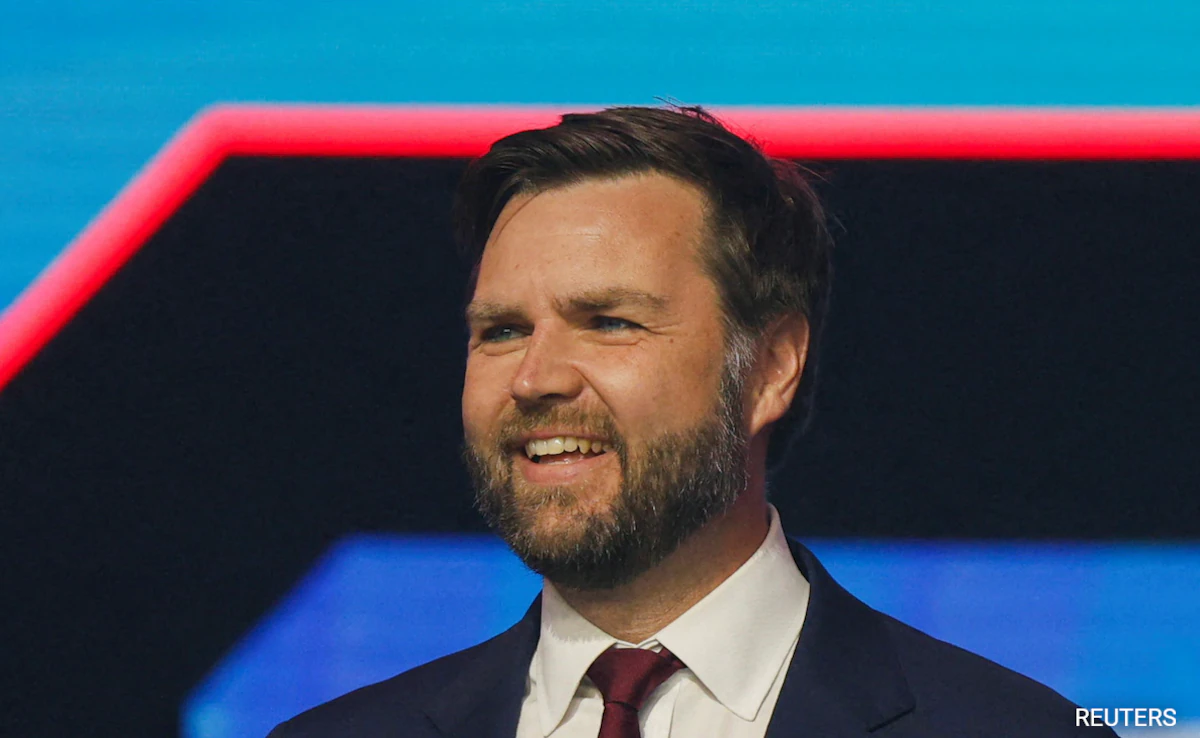Energy giants ENI and Lukoil have joint projects in Africa and maintain deep-rooted links in 2023. ENI is controlled by the Italian state, which is a member of G7, NATO and EU, while Lukoil is the second biggest Russian oil and gas company. The stakes are raised by the fact that the projects are based in jurisdictions with a low degree of transparency.
The dealings between the two companies resurfaced in March 2023.
On March 17, Lukoil said it had secured the rights to two offshore energy blocks in a joint application with Italy's Eni, in the Republic of Congo (Brazaville). Russian news agencies reported that Congo had accepted an application made by Lukoil and ENI for rights to the Marine 24 and Marine 31 blocks, with Lukoil's share in the project set to be around 43%.
The next day, on March 18, a report from Interfax, quoted by Reuters, came to correct previous information. Thus, the joint bid between Lukoil and Eni for the rights to Marine 24 and Marine 31 blocks was moving forward but had not yet been completed. So, the contract had not been awarded, as the commercial terms of the proposal were still under negotiation. The report also said that the Congo government had accepted the initial tender bid for the Marine 24 and Marine 31 blocks as the Lukoil-Eni had been the only one on the table. A spokesman for Eni confirmed to Reuters that no license had been awarded. The last surprise of the report came from this spokesman, who said that the stake of Lukoil cannot be disclosed, but it is below 33%, in line with the applicable sanctions regime.
Besides this shady project in the pipeline, ENI and Lukoil already operate the Marine 12 block, with an area of 571 square kilometers, located on the continental shelf of the Republic of the Congo, 20 kilometers offshore. Lukoil purchased a 25% stake in Marine 12 from New Age M12 Holdings Limited for $800 million in 2019. The project operated by Eni with a 65% stake also includes the state-run company Societe Nationale des Petroles du Congo with a 10% share. Eni signed a contract with the Chinese engineering company Wison Heavy Industry at the end of December 2022, to build a floating liquefied natural gas installation with an annual capacity of 2.4 million tonnes within the framework of the Marine 12 project. Also in March 2023, Lukoil said oil production at the wider Marine 12 project could increase to 1.7 million tonnes per year, from 1 million, while gas output could jump from 1.5 billion cubic meters (bcm) to 5.5 bcm.
On March 20, the energy newspaper Staffetta Quotidiana wrote that production at the Tango FLNG natural gas liquefaction plant should start next December. Eni had acquired the unit - with a capacity of 600,000 tons of liquefied gas per year - in August 2022, to use it for the Marine 12 block.
Eni has been present in the Republic of Congo for over 50 years. In 2022, Italy and Congo signed an agreement to increase natural gas production, exports and future LNG shipments in the West African country. The Republic of Congo and Eni have also agreed to define initiatives to promote decarbonization and sustainable energy transition in the country. Eni currently supplies gas to the Congo Power Plant, which guarantees 70% of the country's electricity production.
The Republic of Congo is one of Africa's largest petroleum producers and has a presidential regime, with the acting leader holding the office since 1997.
Unlike other Russian energy companies, such as Gazprom Neft and Rosneft, Lukoil has not been directly sanctioned by the EU. But the barbarism and violence of Russia’s war against Ukraine has prompted private entities and NGOs to seek solutions to close such loopholes which ultimately help the war effort.
One such NGO is Fondazione Finanza Etica, which used its status as a small ENI activist investor to ask questions to the management of the company. Fondazione Finanza Etica referred to the news reports in March and asked the following question: “How do you reconcile, on the one hand, the firm intention of limiting gas imports from Russia as much as possible, in order to reduce energy dependence on that country, and, on the other, joint operations with the most important Russian oil company, Lukoil, for the exploitation of hydrocarbons in Congo?”.
In the report prepared for the May 10 shareholders’ meeting, ENI replies: "The project in Congo is part of ENI's initiatives aimed at freeing our country from dependence on Russian imports, in line with the strategy of diversifying supply sources". The answer gives details only about the Marine 12 project, which is under operation.
ENI concludes by reiterating that the Marine 24 and Marine 31 blocks have not been assigned to Eni and Lukoil. A joint bid was made in 2018 and the procurement process was suspended in 2020 and has not yet been completed. ”The share of the co-bidder is lower than the limit set by the applicable sanction regime”, read the official answer, avoiding giving the actual number, but indirectly repeating that it is below 33%.
In describing this situation, the Italian outlet Start Magazine gives some relevant background about the forced sale by Lukoil of the ISAB refinery in Sicily, in January 2023, under pressure from the Italian Government. The buyer was the Israeli-backed private equity fund GOI Energy. Yet, Start Magazine reports that the new ISAB board of directors includes some figures linked to both Eni and Lukoil. Angelo Taraborrelli, the president, has worked for a long time at Eni and has led various divisions and subsidiaries. And Massimo Nicolazzi, the director, was the first manager of Eni (1987-1990) and then of Lukoil (2001-2004).
A report published by the French Institute for International Relations states that the sanctions taken by the West against Russia since the outbreak of the war in Ukraine have thwarted the African ambitions of several large Russian companies, particularly in the hydrocarbon and mining sectors. The report underlines that sanctions have made Russian companies unapproachable and restricted their access to international financing crucial for the development of certain projects. Thus, Russian aims in the oil sector of sub-Saharan Africa are largely compromised. ”The oil giant Lukoil, which had positioned itself on several oil fields in the region, withdrew from the project to exploit an offshore field in Ghana. The second oil producer in Russia also seems to have abandoned the construction project of an oil pipeline in Congo-Brazzaville and sees the development of its project in Cameroon delayed. Having entered the deposits of the Gulf of Guinea through partnerships with European and Anglo-Saxon companies, the Lukoil group also sees its position weakened: it is now a problematic partner with limited financial capacity”, according to Ecofin Agency, which quotes the mentioned document.
Rosneft, the other Russian oil company present in sub-Saharan Africa, has only one development project in Mozambique, in partnership with ExxonMobil, Qatar Energy, and ENI. Paradoxically, Russian investments in the African oil sector are decreasing while Russian oil flows more and more on the African market thanks to its competitive price. In this market, Russia is becoming less of an investor and more of a supplier.
In the African mining sector, the expansion of Russian companies is also becoming increasingly complicated. While some of them are continuing their activities on the continent, such as Rusal, which mines bauxite in Guinea, or Renova, which extracts manganese in South Africa, others have abandoned their projects or had to reorganize their circuit of production.
The only notable exception is in North Africa with the major Egyptian nuclear project. The launch of the construction of the nuclear power plant took place on July 29, 2022. The construction site, estimated at around USD 25 billion, should be completed in 2029 and is 85% financed by a loan from the Russian state. But doubts remain about Moscow's financial capacity to honor this pharaonic commitment.
IFRI also indicates that Russia has intensified its diplomatic-media communication in Africa, using various soft-power tools aimed at consolidating “RussAfrica”, including by organizing the second Russia-Africa Summit (July 27 and 28, 2023 in Saint Petersburg). Kremlin is doing everything to show that it is not isolated on the international scene.

